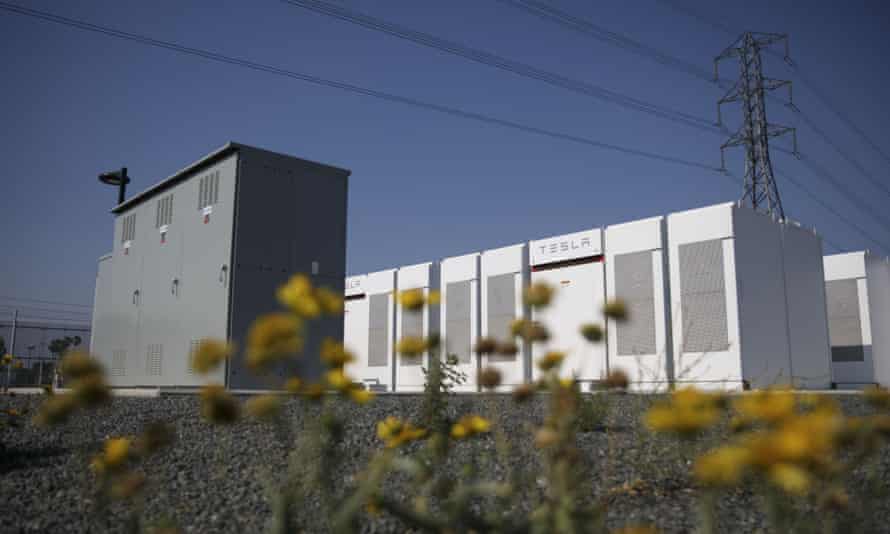Extract from The Guardian
Australia Institute calls for rule change to allow renewables to replace fossil fuels in underpinning grid reliability

Last modified on Mon 29 Mar 2021 04.09 AEDT
Renewable energy and batteries can secure Australia’s electricity grid as effectively as coal and gas, new research suggests.
The research, commissioned by the Australia Institute thinktank and released on Monday, found clean technologies provided the fast frequency response service and voltage control needed to secure the energy grid and reduce cost. But the report says regulatory barriers currently limit the ability of renewable energy and batteries to provide system security.
The electricity grid requires controls to keep frequency and voltage within safe limits – a service historically provided by coal, gas and hydro power stations.
“The business model underpinning coal and gas is collapsing before our eyes and the good news is that batteries and renewable energy are now able to step in and keep the grid secure,” energy economist Prof Bruce Mountain said.
“Renewables already create the cheapest electricity in the market and the last leg the fossil fuel industry had to stand on was the security services they have historically provided. Now we can see that even those services are being delivered in a more reliable and affordable way by renewable energy and that trend will only accelerate in the future.”
The thinktank is calling for new rules governing energy security to allow renewables to better underpin grid reliability.
The research was commissioned to assist the energy security board as it redesigns the national electricity market. Australian energy ministers are due to determine a new “post-2025” design for the national market in June 2021.
Monday’s research showed that 51% of Australian survey respondents would prefer to pay for new batteries to keep the grid secure, while 26% would prefer to continue to pay coal generators for this service.
“As coal generators continue to lose money, they will make financial decisions that harm system security by reducing maintenance or mothballing units,” the Australia Institute’s energy policy and regulatory lead, Dan Cass, said.
“Coal power stations are closing and being replaced by clean energy, but there is no national plan for replacing the security services that are provided by coal. Batteries, renewables and demand response are being held back by barriers that prevent them from contributing to system security, despite their exceptional potential in this space.”
Cass said the latest research showed that renewable energy was capable of providing sufficient system security to support the grid and Australians were “ready for that transition to take place”.
“Batteries can deliver far more system security than a coal generator of the same power capacity.”
In a forecast that was also released on Monday, the Australian energy market operator (Aemo) said gas supply in the country should be secure until 2026, provided planned developments and pipeline expansions went ahead in the east and south-east.
But the forecast also highlighted southern supply risks for 2023 if developments at the Port Kembla gas terminal were delayed and winter demand peaked in Victoria.
The forecast, developed using gas producers and industrial gas user data, highlighted that the sector was on the cusp of a transformation.
“Australia’s energy sector is going through a rapid transition, driven by changes in consumer behaviour and efforts to decarbonise the system,” the Aemo forecasting group manager, Nicola Falcon, said.
No comments:
Post a Comment